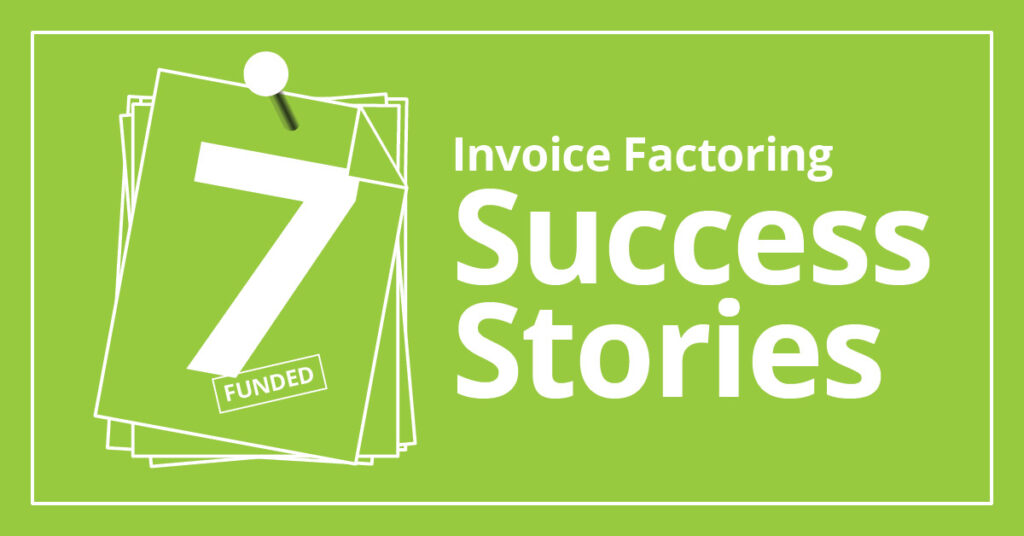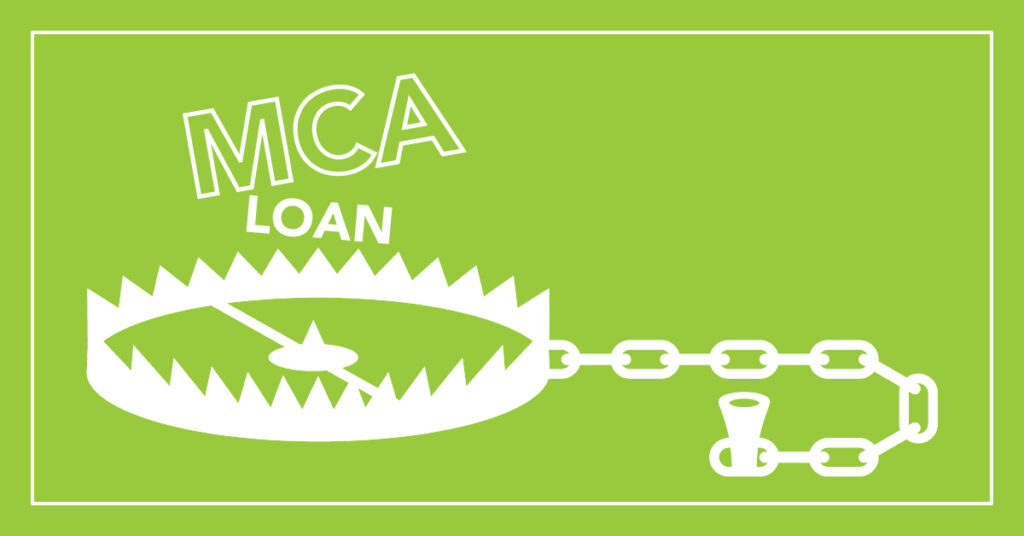FACTORING RESOURCES
How much could these common invoice factoring fees cost your business?
Nov 30, 2020

Recent years have shown more than ever that businesses need the capacity to pivot their strategies and adapt to changing circumstances quickly. When it comes to funding your business, flexible partners who share the goal of growing your business are crucial.
Unfortunately, some finance companies limit your flexibility by mandating monthly minimums or charging very high termination fees if you need to change/modify your contract. This can leave you locked into an agreement that no longer serves your business needs.
At Catalyst, we do not charge any of these types of fees, nor do we enact long-term contracts. Transparent pricing and honesty have been fundamental to our business for more than 30 years. We think it is in your best interest to have the ability to modify your financing agreements and terms as your business evolves.
Potential Charges You Might Encounter with Other Finance Providers
- Termination fees (Could also be listed as a cancellation fee or penalty): A termination fee is enacted when you want to stop factoring with a company and either move to another factor or to another type of financing, such as a line of credit with a bank. It’s not uncommon to see a $50k-$100k termination fee. The fee is typically derived one of two ways.
- The fee can be based on an average fee earned over the last 90 days and then multiplied by the number of months remaining in the contract.
- The penalty can also be written in a contract as a fixed percentage of the overall facility amount approved. Since it is the amount approved, and not used, the finance company can often inflate this number by making the overall facility amount larger than what a company ever intended to factor.
- Monthly or open balance minimums: One way a company might try to avoid a cancellation fee is to just not use the invoice factoring company until the contract expires. However, it’s fairly common for factoring companies to also have a monthly invoice minimum. This means you must submit a certain dollar amount each month for financing or pay a penalty.
- Example: If a company has $200k in accounts receivables when they join the factoring company and the factoring company gives them pricing based on the this volume, they will calculate the estimated income on this amount to determine the minimum monthly fee. In this example, the penalty would be approximately $3,000 – $4,000/month in fees for funding your business is not using.
- Admin fees: These might also be listed as servicing or maintenance fees. With some factors, they are charged as a start-up or application fee. For others, this is a monthly add-on charge. This can include anything from credit checks to printing costs. If this fee is vague in your contract, then unexpected costs can creep into this category and you have no way to plan for the expense because what’s included and passed through is at the factoring company’s discretion. While this may seem minimal at first, we’ve seen these fees escalate and grow over the life of a contract.
- Introductory rates: While not a line item fee, another thing to be on the lookout for is changing factoring rates. In particular, many online only lenders offer an enticing fee upfront, but it then changes after a certain amount of time or a particular amount is funded. If you agree upon a long-term contract, changing rates can disrupt the predictability of your cashflow.
Invoice factoring contracts are typically 1-3 years. If you expect fluctuation in your businesses, which almost every business needs to in the current climate, we recommend avoiding companies that will charge you for leaving. At Catalyst, we want you to transition to bank financing as soon as it makes financial sense for your business, which is why we avoid locking you in. In many cases, we ultimately recommend when a company is ready for bank financing instead of waiting for the company to make the request. Several of our bank partners work exclusively with our team because they recognize the importance of this flexibility.
If you have already entered into a factoring contract with these types of fees, contact us for a free consultation on how to best proceed. We can provide advice on how to best time your termination to minimize the financial impacts. In some cases, we can also help you negotiate out of a bad working capital arrangement.










